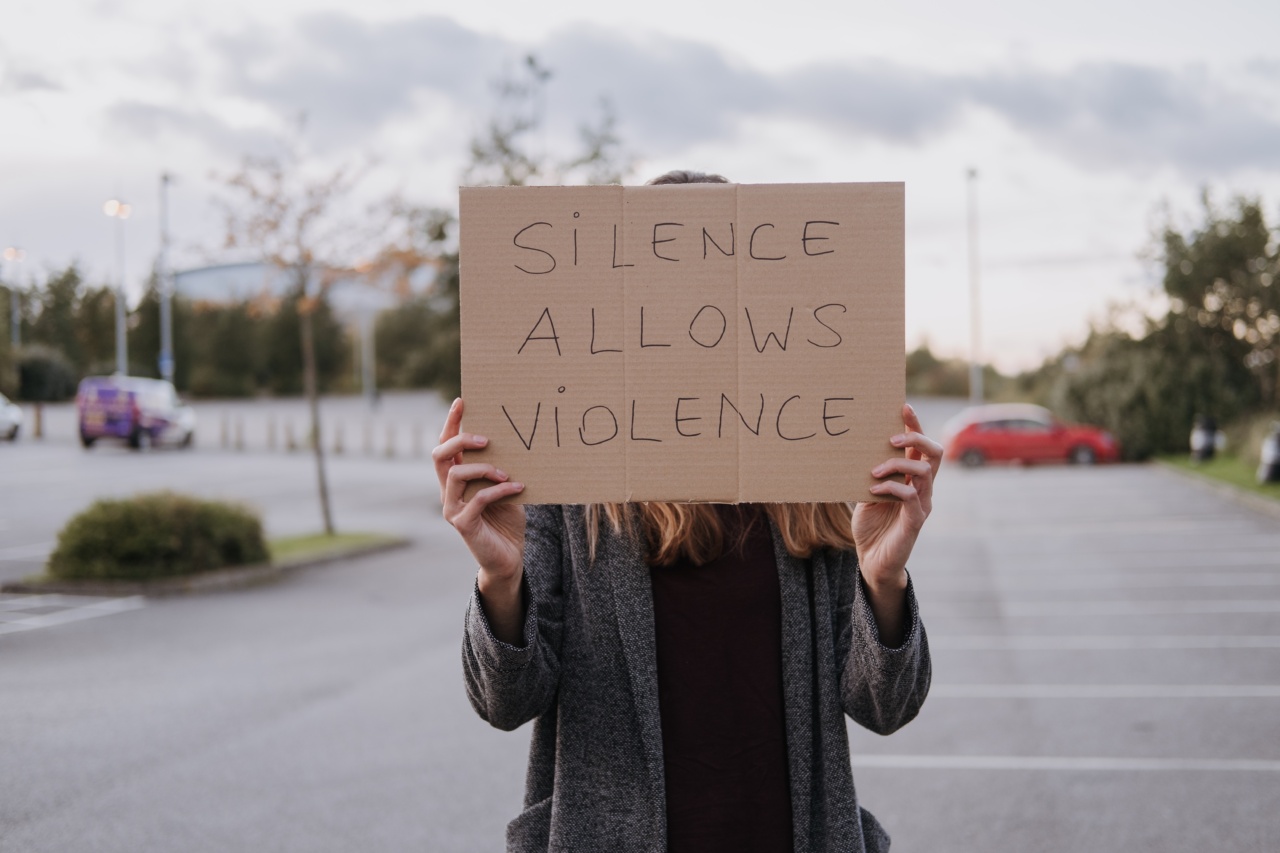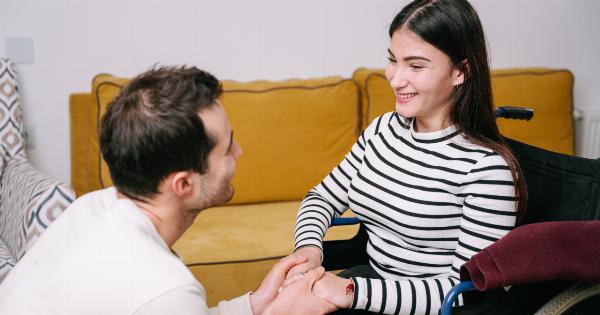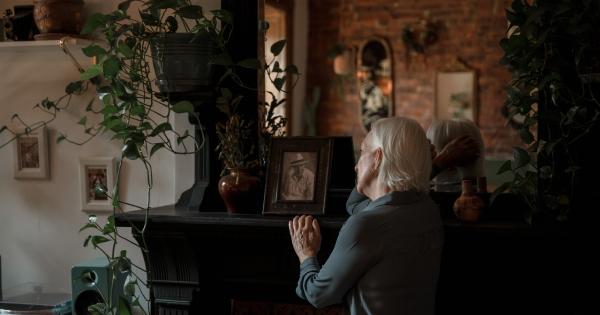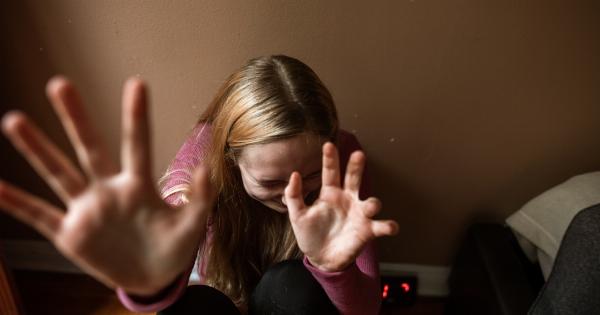Violence against women is a pervasive problem that affects women of all ages, races, and socioeconomic backgrounds. It is a violation of their basic human rights and affects their physical, mental, and emotional well-being.
In recent years, there has been a worldwide movement to stop violence against women and provide them a 24/7 lifeline.
What is Violence Against Women?
Violence against women refers to any act that results in physical, sexual, or psychological harm or suffering to women.
It could be in the form of domestic violence, sexual assault or harassment, human trafficking, forced marriage, or female genital mutilation. Women who experience violence often suffer in silence, and there are long-term consequences for their physical, mental, and emotional health.
The Impact of Violence Against Women
The impact of violence against women is far-reaching and affects not only the individual but also society as a whole.
Women who experience violence have a higher risk of developing mental health problems such as depression, anxiety, and post-traumatic stress disorder (PTSD). They are also at a higher risk of developing chronic diseases such as heart disease and gastrointestinal disorders.
In addition, violence against women affects their ability to participate in social and economic activities. Women who experience violence may miss work or school, and this can limit their ability to support themselves and their families.
Violence against women also has a negative impact on children who witness it, affecting their physical and emotional well-being.
Why is a 24/7 Lifeline Important?
A 24/7 lifeline provides a safe place for women who experience violence to get help and support any time of the day or night. It is essential because most incidents of violence against women occur outside normal business hours.
Women who experience violence may need immediate medical attention, legal services, or emergency shelter, and a 24/7 lifeline can provide these services.
A 24/7 lifeline is also important because it sends a message to women experiencing violence that they are not alone. It is a show of support and solidarity, and it can empower women to speak out and seek the help they need.
What Services are Provided by a 24/7 Lifeline?
A 24/7 lifeline provides a range of services to women experiencing violence. These services include:.
- Immediate Crisis Intervention: Women in crisis can call the lifeline for immediate assistance, whether they need medical attention, legal services, or emergency shelter.
- Safety Planning: Lifeline operators can help women develop a safety plan that will keep them safe from further harm.
- Referral Services: Women can be referred to community resources such as counseling services, healthcare providers, or legal aid.
- Follow-up Support: Lifeline operators can provide ongoing support to women and help them stay safe from further harm.
How to Access a 24/7 Lifeline
A 24/7 lifeline is accessible via a toll-free number that can be dialed anytime, day or night. The number is staffed by trained operators who can provide immediate assistance and support.
Women can also access the lifeline via chat or text if they are unable to make a phone call.
How to Support the Movement to Stop Violence Against Women
Stopping violence against women is a collective responsibility that requires the involvement of individuals and institutions at all levels. Here are a few ways to support the movement:.
- Speak Out: Speak out against violence against women in your workplace, community, and social circles.
- Volunteer: You can volunteer your time and skills to organizations that work to stop violence against women. This could include fundraising, organizing events, or providing direct services to women in need.
- Donate: Donate to organizations that support women who experience violence.
- Advocate: Advocate for policies and laws that protect women from violence and hold perpetrators accountable.
Conclusion
A 24/7 lifeline provides a critical lifeline to women who experience violence. It offers immediate assistance, support and shows victims of violence that they are not alone.
Stopping violence against women is a collective responsibility and requires the involvement of individuals, communities, and institutions at all levels. We can all play a part in creating a safer world for women.






























